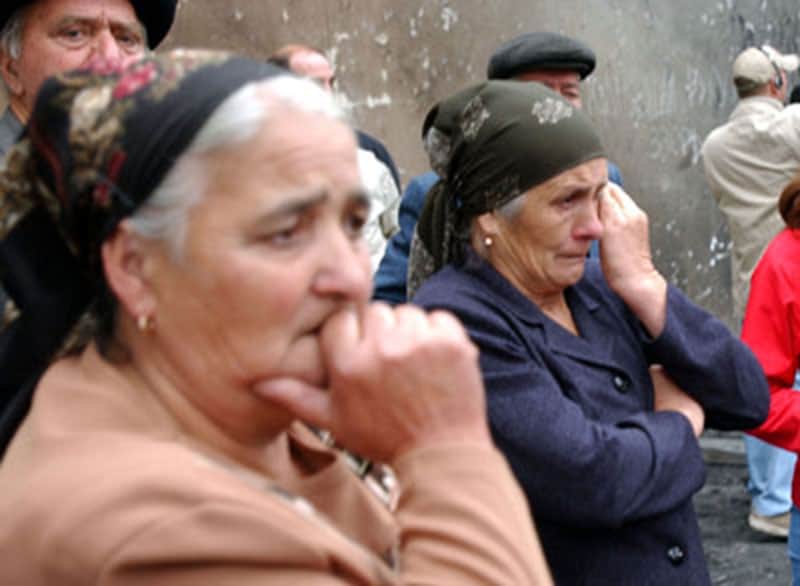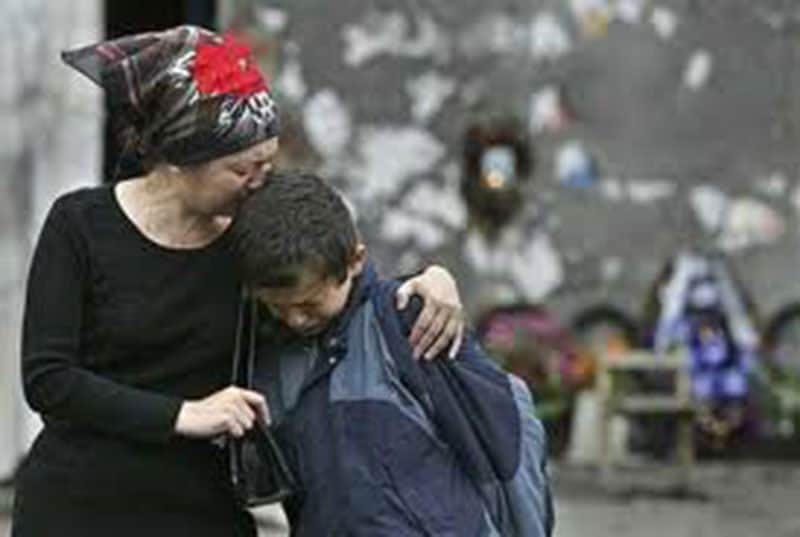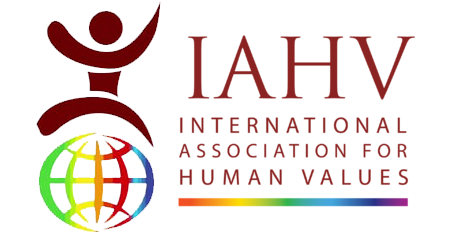Background
The experience of loss, destruction, violence and flight often has detrimental consequences for one’s mental, emotional, physical and existential well being. In worst cases this can lead to suicide, destructive behavior, burn-out, PTSD, depression or illness, while in less severe cases individuals demonstrate the inability to function, decreased motivation and agency, and increased risk of illness and substance abuse. Traumas associated with conflict related violence create barriers for, among other peacebuilding objectives, the reintegration of ex-combatants and conflict survivors, the promotion of dialogue and reconciliation between warring parties, the de-escalation of radicalisation in youth populations, and even effective governance.
Furthermore, international humanitarian organisations often lack the resources to offer trauma-and stress-relief programs on a scale that is required in the face of mass atrocities and societal breakdown. The magnitude of affected populations and the destruction of social systems and infrastructure often render standard psychopharmacological and psychotherapeutic services, including one-on-one interventions like EMDR and TFT, inefficient and, in some cases, ineffective.
In these contexts it is crucial to offer the best relief possible to address acute psychological and psycho-somatic needs, and also to prevent and reduce long-term consequences, with the goal of encouraging a peaceful and enabled citizenry during and after violent outbreaks.



